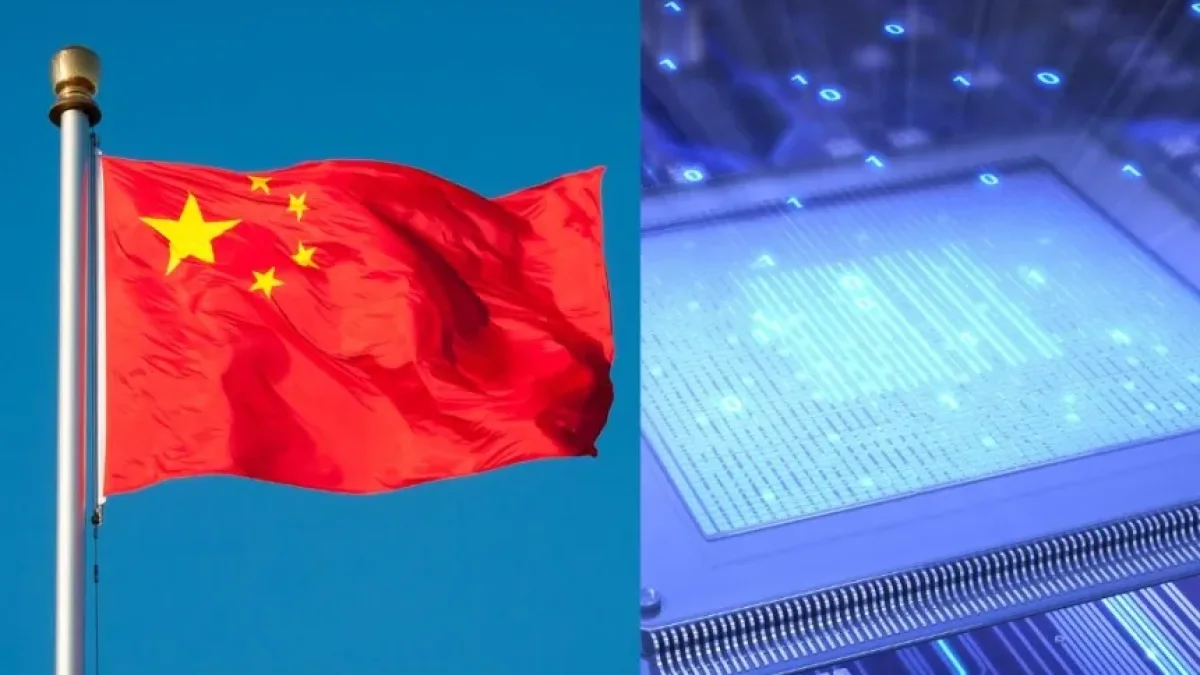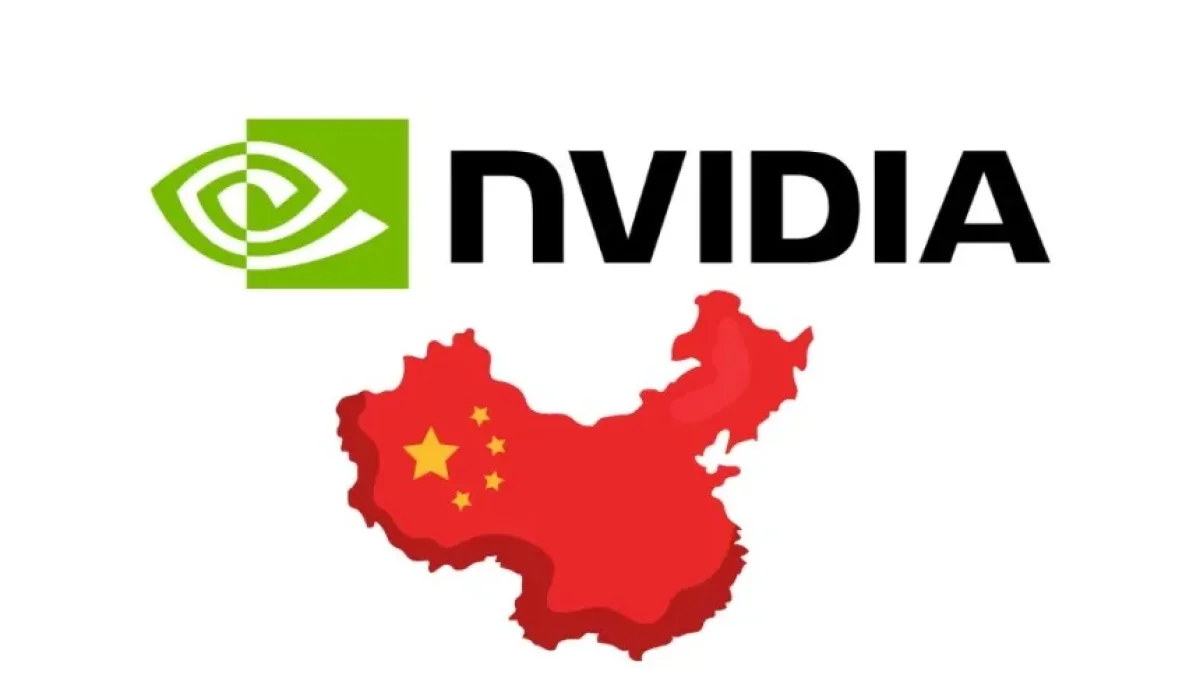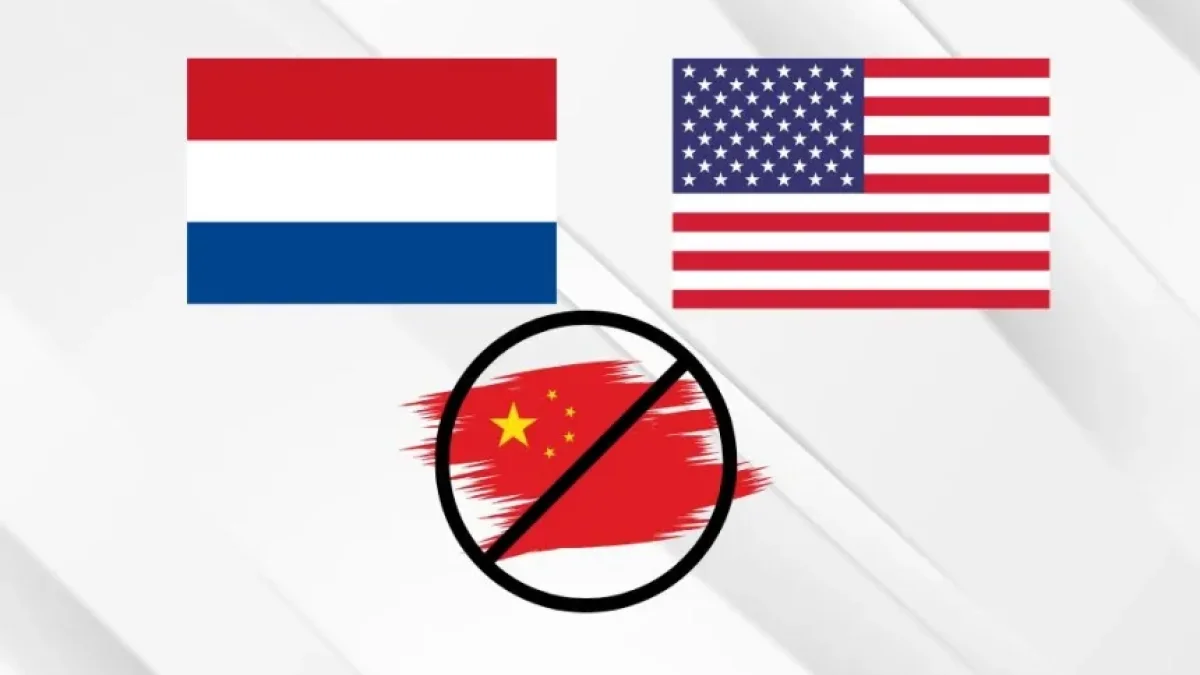China investigates U.S. chip law and its consequences.


In the global semiconductor landscape, China has begun an investigation regarding the new U.S. chip law. This legislation, aimed at strengthening semiconductor manufacturing on American soil, poses serious implications for Chinese companies and the global semiconductor market. Below, the most relevant aspects of this investigation and its potential consequences are presented.
Table of Contents
- Context of the U.S. Chip Law
- Implications for Chinese Companies
- China's Strategy in the Semiconductor Industry
- Reaction of the Global Market
- Conclusion
Context of the U.S. Chip Law
The U.S. chip law, officially known as the U.S. Innovation and Competition Act, was enacted with the goal of promoting the semiconductor industry in the country. This legal framework aims to encourage local chip production, reduce dependency on imports, and enhance the technological capabilities of the United States in the face of global competition, particularly from China.
This new framework includes a subsidy of approximately $52 billion to incentivize the construction of semiconductor factories and promote research and development within the sector.
Read also
Implications for Chinese Companies
According to Chinese authorities, the U.S. chip law could severely impact their companies and the country's competitiveness in the semiconductor market. The investigation initiated by the Chinese government assesses whether this legislation harms Chinese firms by limiting their access to technologies and supplies, which could, in turn, hinder their ability to compete in the industry.
Experts in the field highlight that if severe restrictions are implemented by the U.S., Chinese companies would find themselves at a disadvantage. This is because the Asian country has been developing its semiconductor industry but still heavily relies on supplies and technologies from the U.S.
China's Strategy in the Semiconductor Industry
In response to rising trade tensions and new U.S. regulations, China has been readjusting its strategy within the semiconductor sector. In recent years, the Chinese government has invested significantly in promoting local chip development. However, technological dependence on the United States remains a significant challenge.
Read also
Chinese companies are focusing on the production of mature semiconductors, where their production capacity has grown. However, new U.S. regulations could make it more difficult for them to access advanced technologies, potentially delaying their progress in the production of next-generation chips.
Reaction of the Global Market
The situation has generated nervousness in the global semiconductor markets. Since the approval of the chip law, prices of certain components have shown volatility, influenced by uncertainty in the trade relationship between the two powers. Analysts warn that the possibility of a more intense trade war in this sector could trigger significant changes in market dynamics, affecting both producers and consumers.
Conclusion
The investigation being conducted by China regarding the U.S. chip law highlights the complexity and fragility of the semiconductor industry in an environment marked by global competition. The decisions made concerning this issue will have repercussions not only for both countries but for the entire global technology ecosystem.
To stay informed about these and other related news, I invite you to continue reading more articles on my blog.



















